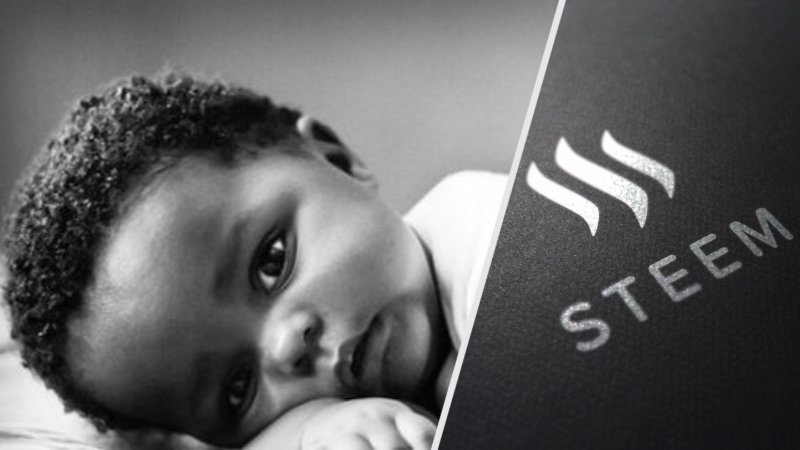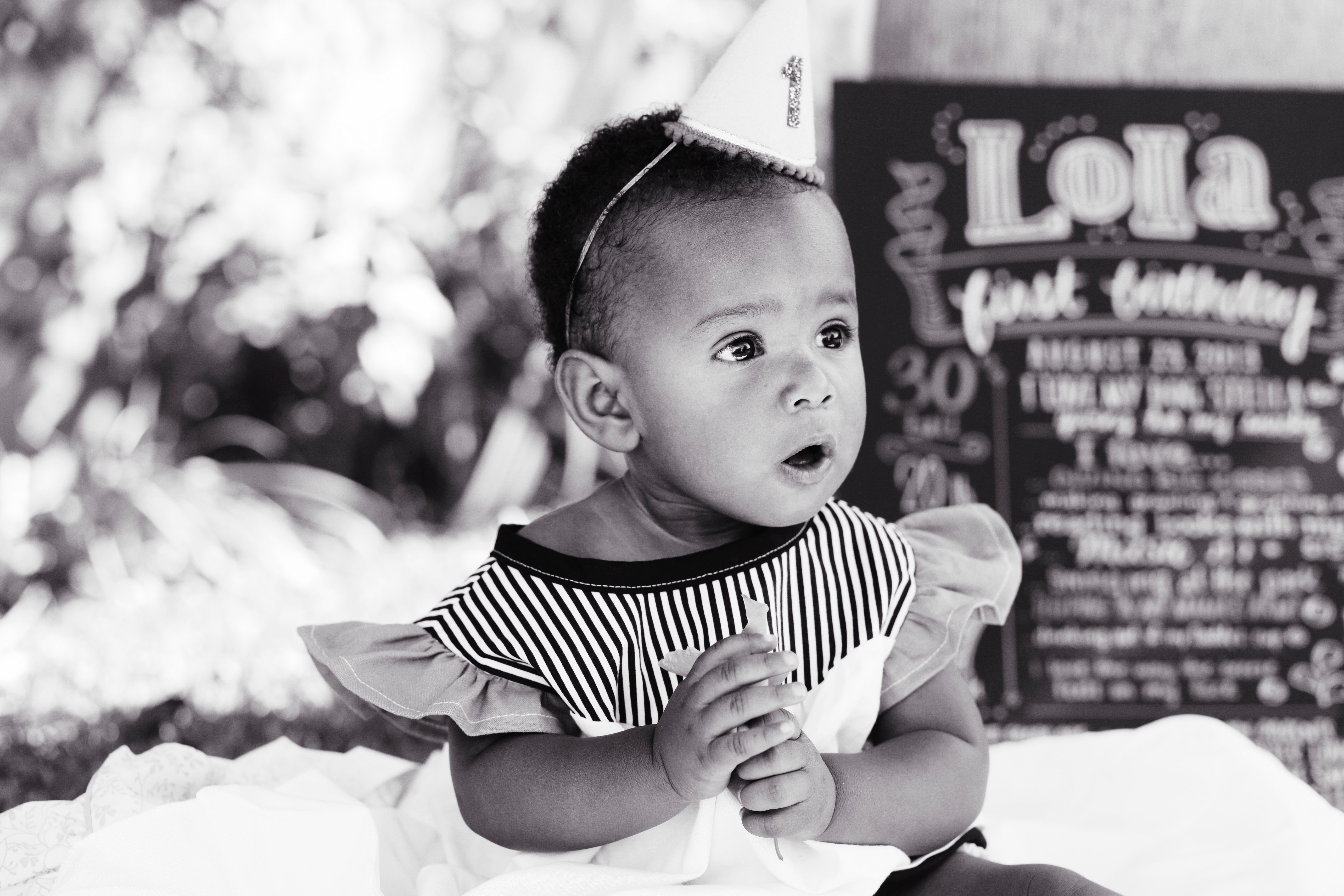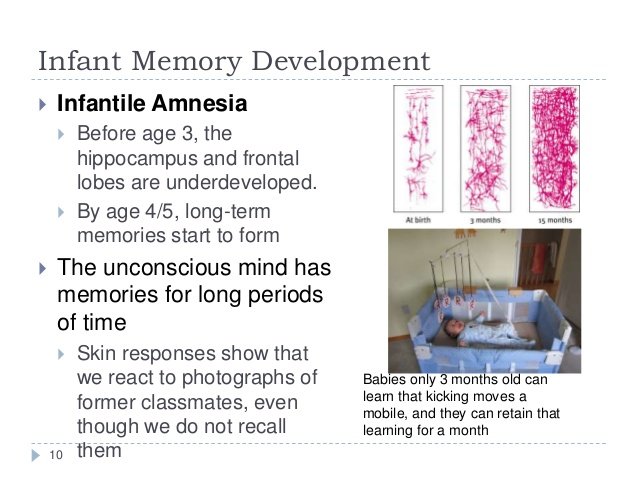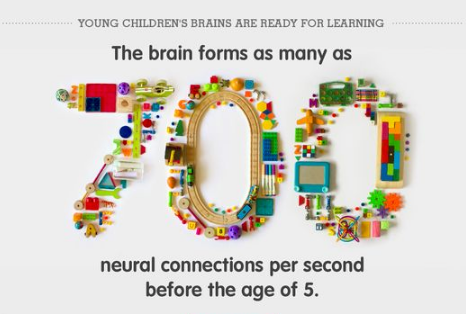
Childhood memories are wonderful: playing with your siblings in the park, going on family holidays, getting to know your friends at school ... But what is your earliest memory?
Have you ever noticed that humans can't seem to remember anything that happened roughly before they were 3 years old?
Your first steps, your first birthday, your first words.. your parents can show you pictures or tell you about it, but you won't remember it yourself.
Why does this strange phenomenon happen to us?
This effect is called childhood amnesia -
or infantile amnesia, a name created by famous psychologist Siegmund Freud.
It happens to everyone! It seems like we just cannot remember anything that happened prior to our third birthday.
But what's interesting is that we don't forget everything we learned at that age, for example our language and the ability to walk.
What we can't remember are so-called episodic memories: the memories of events and places.

But the effect is also not just related to age.
If you ask a 40-year old person to recall memories from when they were 20, they'll be able to tell you quite a lot about it.
But if you ask someone that's 20 about their first year of their life, they won't remember anything.
Now this might lead to the conclusion that Babies simply can't make memories yet - but that's not true either.
Researchers tested Babies as young as 5 months old, and connected their brains to a device that would read the brain activity.
First they showed the babies some meaningless colorful patterns, and then they would flash the picture of a human face for a few seconds.
The Babies brain activity clearly showed that they recognized the human face - so they are consciously thinking, and obviously they also remember and recognize things like their parents, their favorite toy, their crib etc.

Another interesting point is that kids are actually able to remember early memories - up to a certain age!
A study was conducted where 3-year old kids were interviewed about past events like a family trip or a birthday party.
At age 5, 6 and 7, these kids could still recall up to 60% of those early toddler memories.
But when asked again at age 8 or 9, they could suddenly recall less than 40% of it.
So it seems like there's a specific point in our aging process where we lose the ability to access those early informations - or maybe they get deleted by then.
Scientists are not sure, but there are a few different theories:
The first theory focuses on the difference of episodic and semantic memories.
Semantic memories consist of the most important things we learn like talking, walking etc.
So some scientists suggest that we focus on building our semantic memories first, so that the episodic memories won't get in the way of that process.
Otherwise, you could have a bad experience with something and be scared of it, before even knowing what it is.
So the supporters of this theory suggest that our brains have been purposely built in a way to favor the creation of semantic memories at first.

Another, more popular theory, is linked to the rapid growth of our brain cells at a young age.
This process is called Neurogenesis - the creation of new Neurons.
No matter how old we are, our brain is constantly forming new Neurons, but when we're young, this process happens a lot faster.
Our hippocampus is an area in the brain that plays a key role in this process. It controls the way we create and store memories.
And that area of the brain isn't fully developed yet when we're born - it keeps growing and expanding.
So since we can remember our early memories up to a certain age, it almost seems like the hippocampus is clearing space for future memories around age 8 or 9.
Scientists have studied this theory: they stimulated mice's brains to a rapid neurogenesis process.
The more neurons these mice generated, the more older memories they forgot.
But when the scientists slowed down the cell growth in young mice, they forgot less about their childhood.
The hippocampus is not the only part in our brain active in memory creation so this doesn't explain every aspect of the phenomenon, but it might be a reasonable theory.

And other researchers have found interesting aspects to add to this as well:
For one, it seems like the point of our earliest memory depends a lot on the culture.
Self-centered memories from people growing up in western cultures seem to start earlier, where memories in eastern countries generally don't have such a high value, and the ego is not as important in those cultures.
Also, our earliest memories influence a lot in our behaviour - we just can't remember it.
So this would mean that our earliest memories don't get deleted - they are just stored in some part of the brain that we lose access to when we're about 8 or 9.
As you can see, this is a very interesting and highly discussed topic among scientists.
We still don't have a clear answer to the phenomenon of childhood amnesia yet, but there are many different theories - and maybe we'll find out the truth soon!
Images: 1, 2, 3, 4, 5, Sources: 1, 2, 3
- Instagram -

© Sirwinchester
